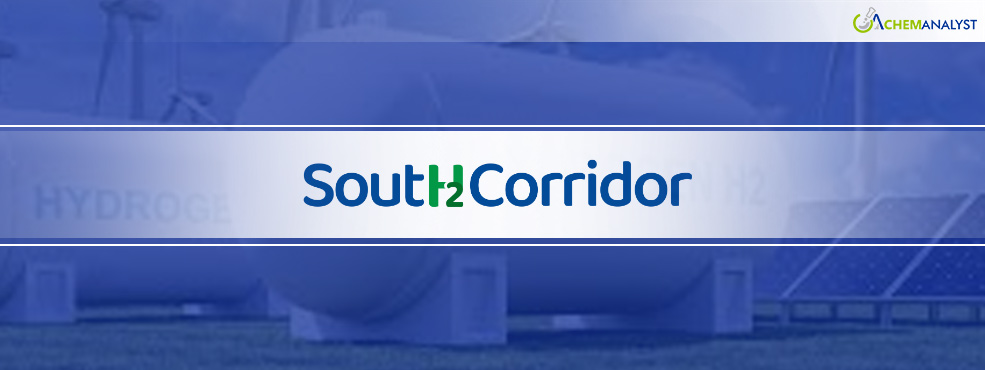Welcome To ChemAnalyst

A significant step forward was taken in the development of the Southern Hydrogen Corridor with the signing of a Joint Declaration of Intent (JDoI) in Rome. Representatives from Germany, Algeria, Italy, Austria, and Tunisia came together to solidify European-North African cooperation on this ambitious project on January 21.
The Southern Hydrogen Corridor envisions a direct pipeline connection for gaseous hydrogen, stretching across 3,500-4,000 kilometers, linking North Africa to Italy, Austria, and Germany. This ambitious initiative comprises five sub-projects aimed at establishing a vital green hydrogen supply chain.
European transmission system operators (TSOs) are currently finalizing plans for the European segment of the pipeline, which is expected to span 3,250 kilometers. Notably, a significant portion of this infrastructure, estimated at 60-70%, will be repurposed from existing natural gas pipelines, streamlining the development process. This strategic approach is expected to enable the transportation of up to 163 terawatt-hours (TWh) of green hydrogen annually to Europe.
Following the signing of the JDoI, the consortium will now focus on finalizing plans for the crucial North African section of the hydrogen pipeline. This phase of the project has received strong support from the German Federal Ministry for Economic Affairs and Climate Action (BMWK).
Philip Nimmermann, State Secretary at Federal Ministry for Economic Affairs and Climate Action of Germany, emphasized the profound significance of the Southern Hydrogen Corridor, highlighting its potential to become one of the "largest and most significant" renewable energy projects of our time. He underscored the project's ability to harness North Africa's abundant renewable energy resources, accelerate hydrogen deployment in Germany, and significantly contribute to the EU's ambitious climate goals.
Nimmermann further emphasized the potential for German companies to play a pivotal role in this endeavor, supporting Algeria and Tunisia in diversifying their economies, modernizing their industries, and creating new employment opportunities.
Both Tunisia and Algeria have demonstrated strong commitment to the project. Tunisia has already secured 10 agreements for hydrogen projects, showcasing its proactive approach. Furthermore, Algeria has committed to developing a major hydrogen production project in collaboration with companies from Austria, Germany, and Italy.
The momentum behind the Southern Hydrogen Corridor continues to build. Last July, the Tunisian government approved six hydrogen production projects to be undertaken by nine European companies. It's anticipated that 2.3 million tonnes of hydrogen will be utilized domestically, while approximately six million tonnes will be exported, primarily to Europe through the Southern Hydrogen Corridor.
The signing of the JDoI marks a significant milestone for the Southern Hydrogen Corridor. This collaborative effort between European and North African nations has the potential to revolutionize the energy landscape, fostering sustainable economic growth and contributing to a more secure and environmentally friendly energy future.
We use cookies to deliver the best possible experience on our website. To learn more, visit our Privacy Policy. By continuing to use this site or by closing this box, you consent to our use of cookies. More info.
